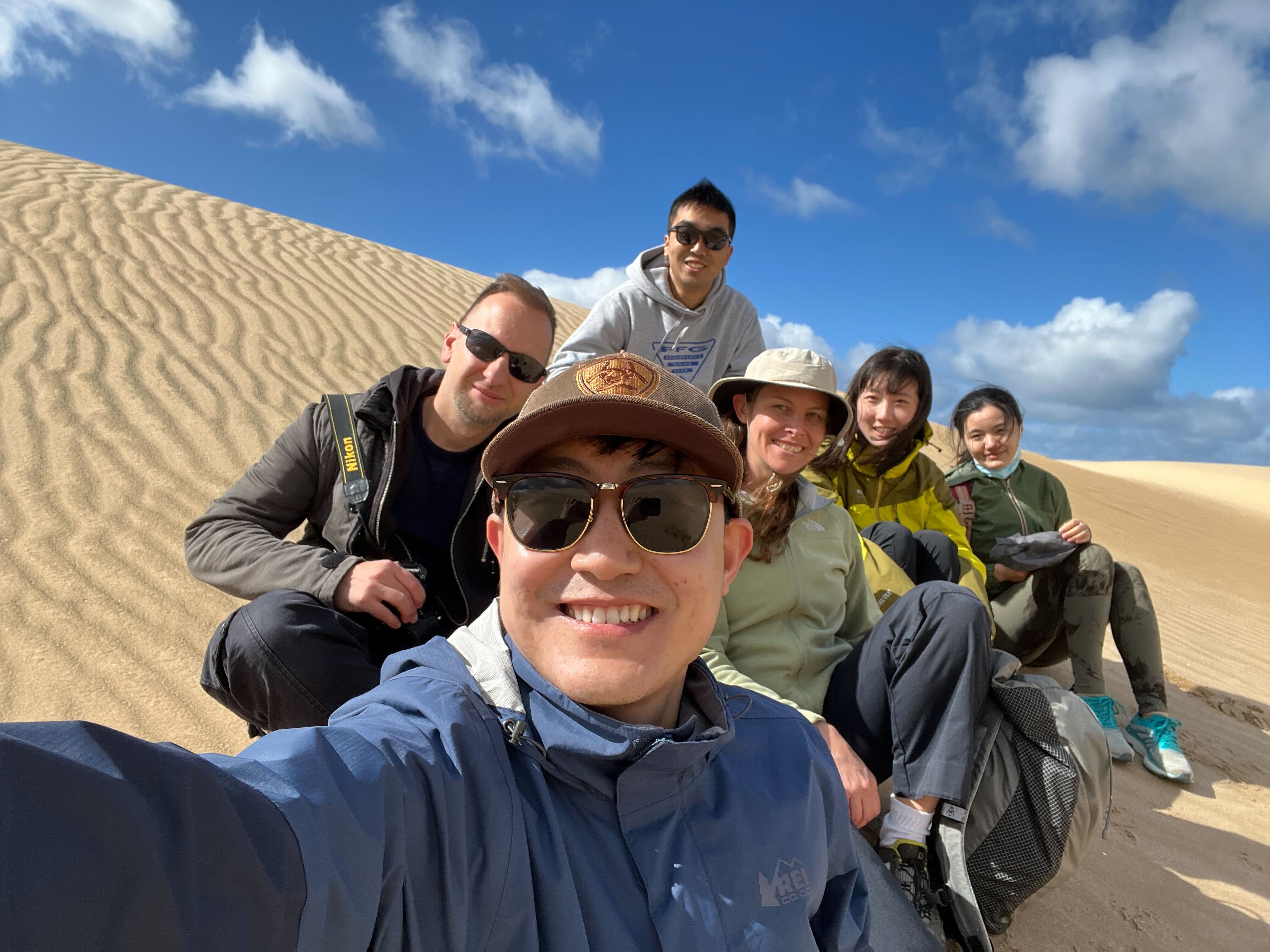About the STKO Lab
Do you like astronomy, the universe? Great, 'cause we are the astronomers of the information universe. The STKO Lab is an information observatory that investigates the role of Space and Time for Knowledge Organization. Thus, if you like, you can also spell out the STKO acronym as Spatio- Temporal Knowledge Observatory.
Our work spans across different scientific disciplines such as spatial data science, geoinformatics & GIScience, cognitive science, computer science, and the broader earth sciences. While our research interests vary, we typically work on topics related to (1) geospatial semantics, ontologies, knowledge representation and reasoning, knowledge graphs, the Semantic Web, (2) GeoAI, neuro-symbolic AI, and AI ethics, (3) geographic information retrieval, linked data, and big data, (4) similarity and analogy-based reasoning, (5) as well as social sensing, urban computing, location-based services, and volunteered geographic information.
A key driver for our work is the question of how to foster the publishing, retrieval, reuse, and integration of data without restricting semantic heterogeneity which we consider a motor of (interdisciplinary) science. Our current big project is the KnowWhereGraph that aims at providing area briefings within seconds for any region on Earth to answer geographic questions, and we have also built LD Connect, GNIS-LD, COVID-Forecast-Graph, etc. We are also interested in exploratory user interfaces and novel interaction paradigms to browse and navigate unfamiliar data. Examples include POI Pulse based on semantic signatures, Knowledge Explorer, IOS Press Scientometrics, ESRI Linked Data Connector, and so forth.
In addition, in recent years we have made great efforts in the study of spatially explicit machine learning techniques. Examples of our work include (1) HyperQuaternionE for qualitative spatial and temporal reasoning, (2) Place2Vec, Space2Vec, and Polygon Encoder for location encoding, (3) Time2Box for temporal scoping of facts, (4) Traffic Transformer for traffic forecasting, (5) SE-KGE and TransGeo for geographic question answering, etc. These models can not only contribute to environmentally intelligent services but also help cope with ethical challenges. Methodologically, our niche is the combination of theory-driven (e.g., semantics) and data-driven (e.g., data mining and deep learning) approaches.
On March 16, 2023, our lab website is officially back. To read the latest news, check our twitter. To read our history, you can find the archived site here.

STKO Retreat at Oceano Dunes on March 6, 2022.


